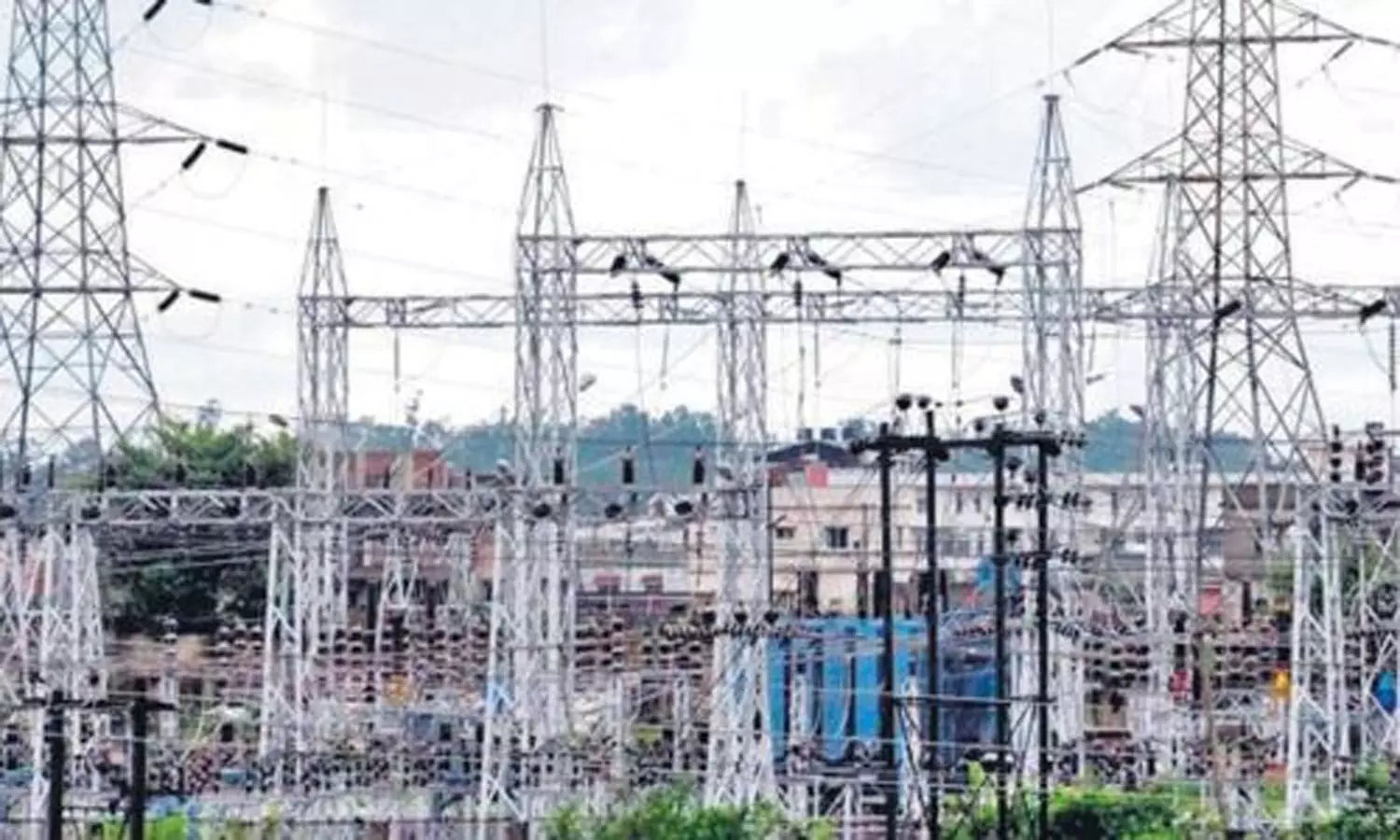Brace for 20-pc fluctuations in electricity bill as Centre amends power tariff rules
Two new amendments include implementation of Time of Day (ToD) tariff and the rationalisation of smart metering provisions

NEW DELHI: Consumers across the country will now end up paying up to 20% higher or lower electricity bills, depending on their usage during peak and non-peak hours. The Union Government on Friday amended the Electricity (Rights of Consumers) Rules, 2020, on Friday introducing significant changes to the existing power tariff system. Two new amendments include implementation of Time of Day (ToD) tariff and the rationalization of smart metering provisions.
The introduction of the Time of Day (ToD) tariff entails a variation in electricity prices based on usage through the day, as opposed to a fixed rate throughout the day. The official notification states that during peak hours, electricity prices will be 10-20% higher compared to off-peak hours. Moreover, during solar hours, which generally span around eight hours in a day as determined by the State Electricity Regulatory Commission, the tariff will be 10-20% lower than the normal rate.
The notification also states that the application of ToD tariff will initially be implemented for commercial and industrial consumers with a maximum demand of 10 KW and above, starting from April 1, 2024. Subsequently, it will be extended to all other consumers, excluding agricultural consumers, from April 1, 2025. However, ToD tariff will be applicable immediately after the installation of smart meters for consumers who have these advanced metering devices.
In addition to ToD tariff, the Centre has also simplified the rules pertaining to smart metering.
“The amendment aims to reduce inconvenience and harassment faced by consumers. Notably, penalties for exceeding the maximum sanctioned load or demand have been reduced. Following the installation of a smart meter, consumers will not be subject to penal charges based on the maximum demand recorded by the smart meter before its installation, the release stated.
Smart meters will enable remote reading at least once a day, and the data will be shared with consumers.
“This will empower consumers to make informed decisions about their electricity consumption. The objective is to encourage efficient energy usage and empower consumers to manage their electricity consumption effectively,” it said.



